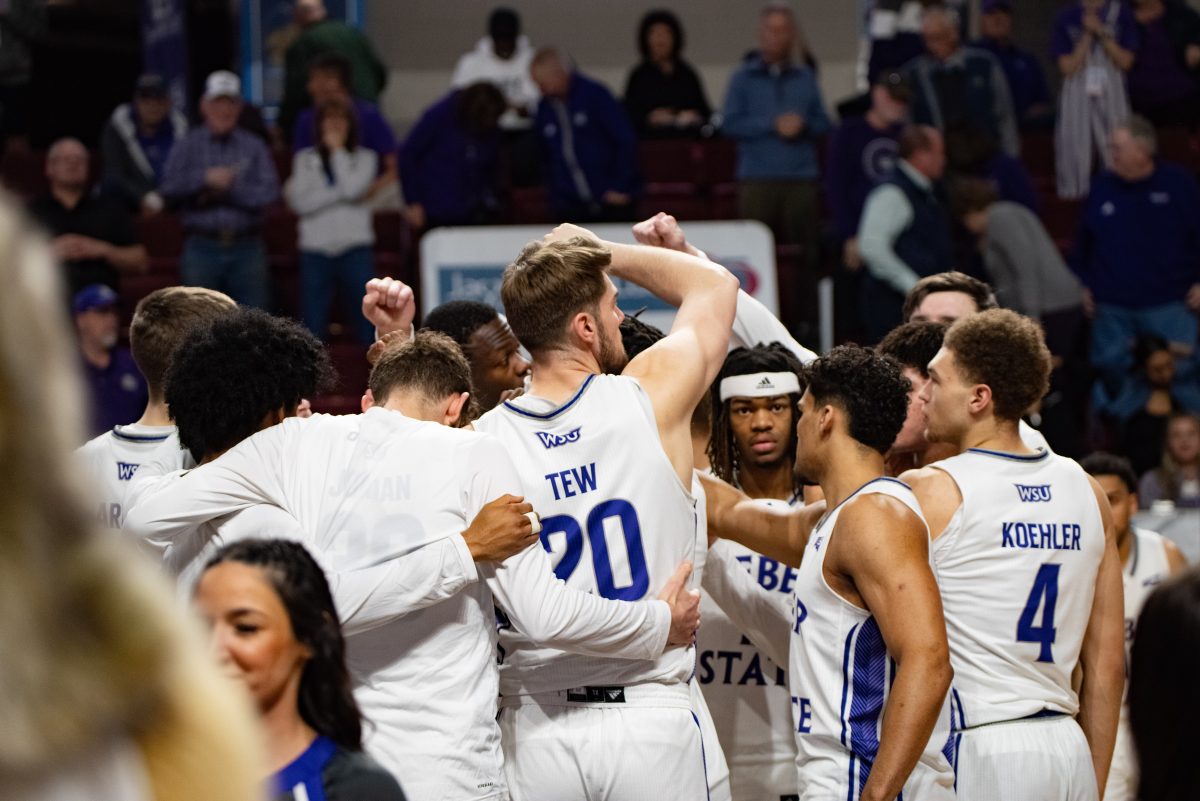
Researchers from the National Institutes of Health (NIH) and GlaxoSmithKline (GSK), co-developers, have created a vaccine that would help prevent the Ebola virus. It is currently in the experimental phase.
The vaccine was tolerated by patients and produced immune system responses in all 20 of the healthy adults who received the clinical trial vaccine.
The vaccine was administered to the participants at the NIH’s National Institute of Allergy and Infectious Diseases (NIAID) in Bethesda, Maryland.
The vaccine contains segments of the Ebola virus’ genetic material. It also includes two of the virus species. The genetic material is delivered by a carrier virus that causes a cold in chimpanzees but never affects humans.
Although the vaccine does contain the genetic material of the Ebola virus, researchers assure that it does not contain the actual virus and does not cause the virus.
Volunteers were selected between the ages of 18 and 50. Ten participants received the vaccine at a lower dose, and 10 participants received the vaccine at a higher dose.
Two and four weeks after the vaccinations, the researchers tested the participants’ blood to see if anti-Ebola antibodies were developed. After four weeks, all 20 of the participants showed signs of antibodies.
Participants who received the higher dose of the vaccine had higher antibody levels.
There have been no serious adverse side effects in the participants.



